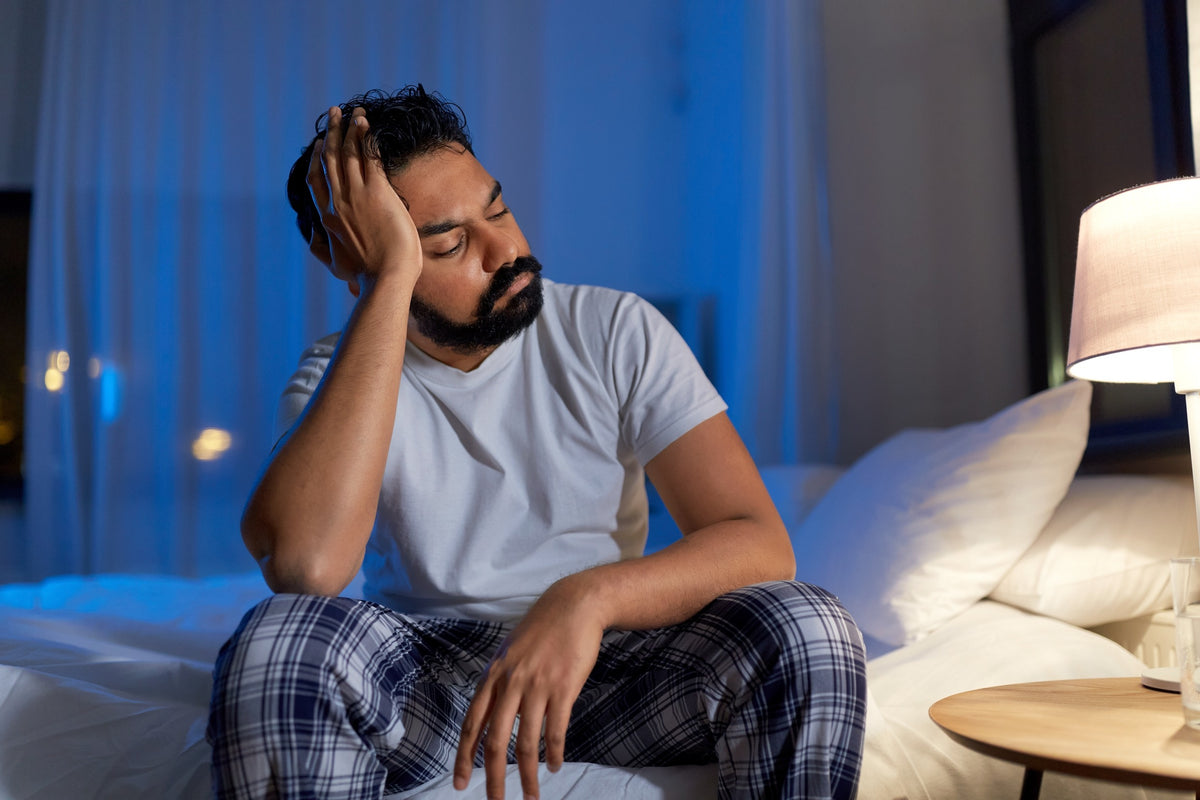Tired even after sleeping? You might be suffering from a sleep disorder
May 03, 21

A and it achieves may important functions including
- Rest and rejuvenation of the entire body
- Crucial brain activity changes which enable development of cognitive and behaviour function,
- Complete relaxation of muscles and elimination of fatigue
Some people do not feel rested even after sleeping for adequate number of hours. In such cases, one may experience various symptoms like
- Daytime Sleepiness
- Excessive Tiredness
- Fatigue
- Muscle Soreness
- Morning Headaches
This can be caused by not getting the right quality of sleep, which includes going through 4 stages of sleep. Typically, during a restful night’s sleep one goes through 4 stages which are known as N1, N2, N3 and REM stages of sleep. A normal and healthy overnight sleep constitutes of 3-4 full cycles of sleep with these alternating stages. The overall distribution of sleep across the 4 stages is 5% of N1, 40% of N2, 30% of N3 and 25% of REM.
N1 is the transient stage of sleep which is followed after awake while N2 is light sleep and not very refreshing. The REM stage is called so because it is characterized by Rapid Eye Movements. In this stage the brain is active and it is an important stage of sleep for memory, concentration and mood. Finally, N3 stage of sleep is that of a deep sleep which provides relaxation to muscles.
Repeatedly experiencing symptoms of fatigue and poor sleep for a long period of time can be associated with not having the right sleep architecture, or sleep cycle. It can be indicative of an underlying sleep disorder. Common sleep disorders found to be prevalent in today’s population include Narcolepsy, Insomnia and Obstructive Sleep Apnea.


